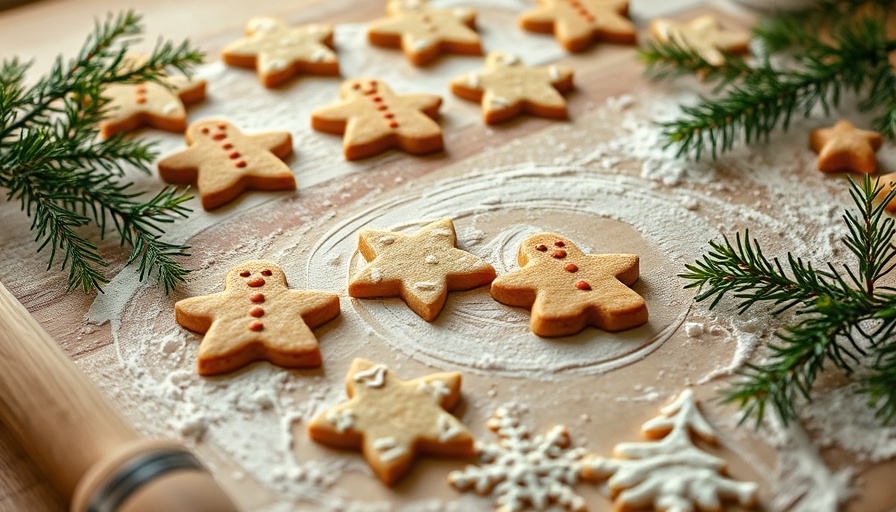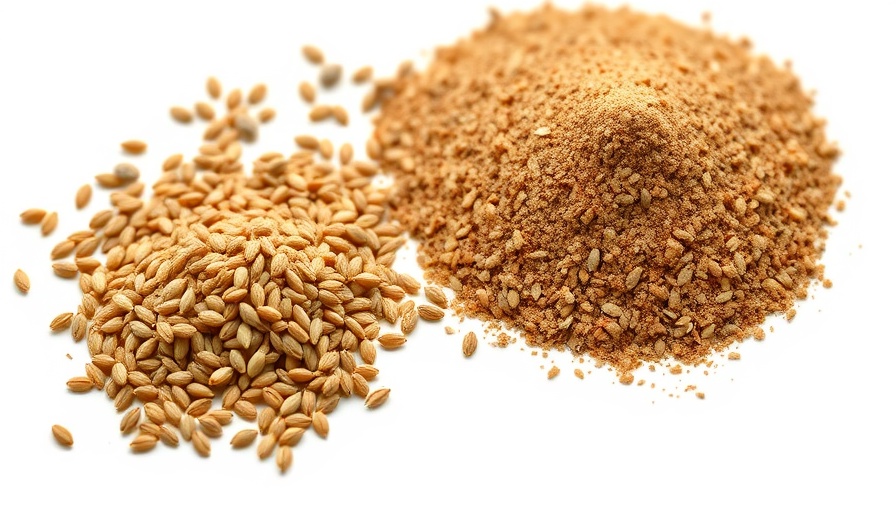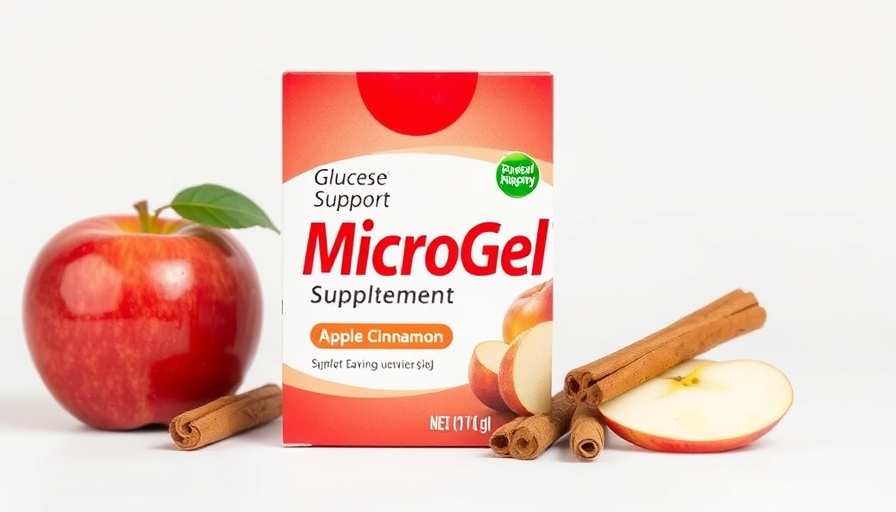
Why Flour Safety Matters During the Holidays
As kitchens across the nation buzz with holiday preparations, understanding flour safety becomes essential to prevent unwelcome food poisoning incidents. The U.S. Food and Drug Administration (FDA) has issued vital guidelines to protect delicious treats from harboring harmful bacteria like E. Coli and Salmonella. These microorganisms can lead to foodborne diseases, putting a damper on festive celebrations.
Precautionary Steps for Safe Baking
To safeguard your culinary creations, it's crucial to adhere to specific food safety practices. Always ensure that flour-containing products are cooked to the correct temperatures indicated on their packages. Keeping raw foods such as flour and eggs separate from ready-to-eat items helps prevent cross-contamination. Additionally, ensuring cookie and pastry dough is stored correctly in a refrigerator set to a safe 40°F is important for your family's health.
Avoiding Common Mistakes in Flour Usage
While tempting, sampling raw dough or allowing children to play with it poses a significant risk. These uncooked mixtures might contain harmful bacteria. It's also crucial to discard any flour products that have been recalled, and refrain from using raw flour-based products in crafts or raw recipes like milkshakes or homemade ice cream. The FDA advises against attempting home flour heat treatment, as it might not adequately eliminate bacteria.
Unique Benefits of These Safety Tips
Understanding these precautions not only enhances the safety of your holiday experiences but can also instill lifelong habits that promote a healthier lifestyle. Applying these practices can help avoid health disruptions, allowing more focus on enjoying festive moments with loved ones. Implementing these safety measures fosters a proactive approach to well-being, providing peace of mind during one of the busiest times of the year.
 Add Row
Add Row  Add
Add 




Write A Comment